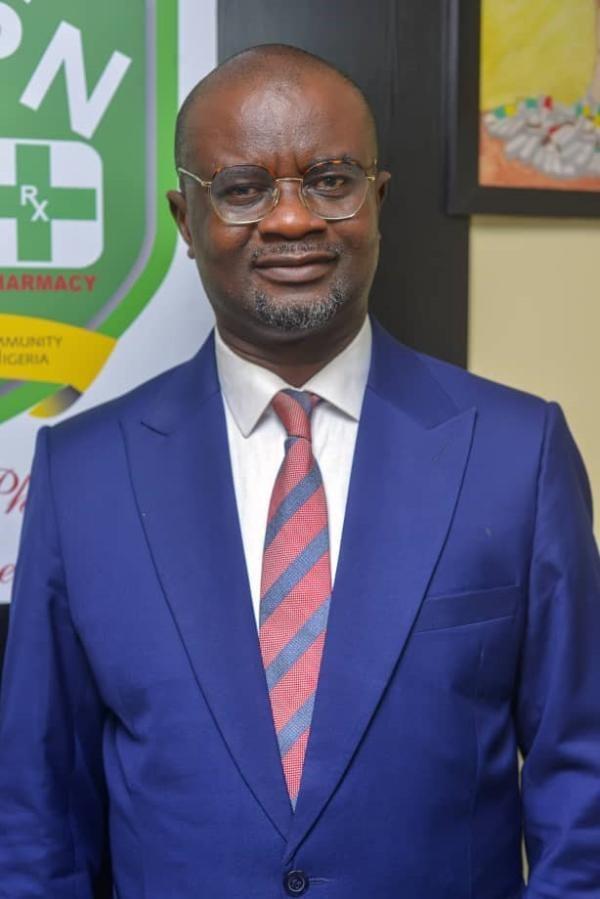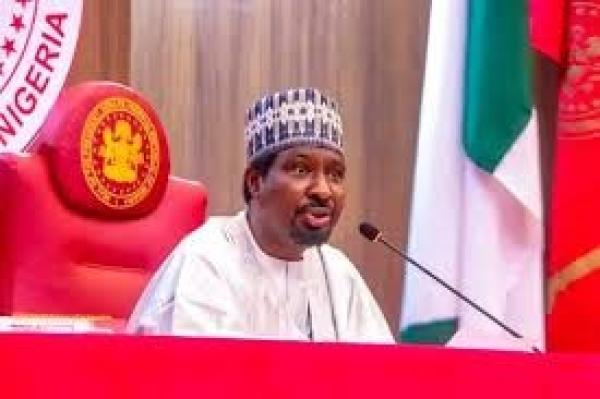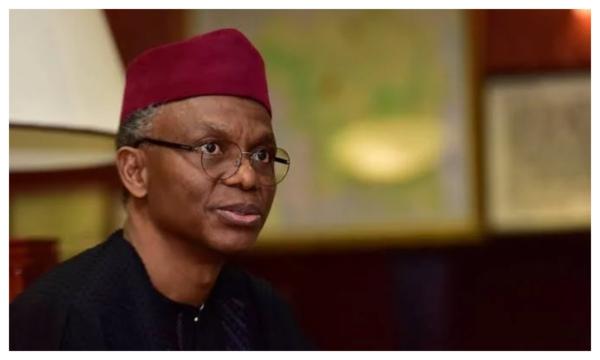
President of Mauritius, His Excellency (Dr) Ameenah Gurib-Fakim will on July 21 declare open the Planet Earth Institute ‘UnConference’ titled: “Africa’s science and technology agenda”.
The conference will be attended by Ministers of Science & Technology from across Africa including South Africa, Senegal, Ethiopia and Uganda.
The event will bring together over 200 people as part of the Planet Earth Institute’s Science Africa campaign to evaluate role of industry in scientific development
The institute is an international NGO working for the ‘scientific independence of Africa.
It will be held at Ravensbourne University in London and hosted by Rt Hon Lord Paul Boateng, Trustee of the PEI and Dr Álvaro Sobrinho, Chairman.
In her opening address marking her first official visit to the UK, Dr Gurib-Fakim will outline Mauritius’ efforts to boost scientific research, technology and innovation and explore the role that the private sector can play in driving scientific excellence.
Before her appointment as President of Mauritius at the beginning of June, Dr Gurib-Fakim won multiple awards for her scientific work, including the African Union ‘Women in Science’ award in 2009. In 2015, Mauritius announced new plans to develop the island country into a regional knowledge hub for science and technology.
A number of senior African policy-makers will also join the event, including Prof. Naledi Pandor, Minister of Science and Technology of South Africa, Prof. Sandy Tickodri-Togboa, Minister for Higher Education, Science and Technology of Uganda, Mr Shiferaw Shigutie, Minister of Education of Ethiopia and Prof. Mary Tew Niane, Minister of Higher Education and Research of Senegal.
Leading businesses including IBM Research – Africa, Elsevier, TAAG Angola Airlines and Banco Valor will also participate, as partners of the PEI’s Science Africa campaign, alongside dozens of leading African and international universities.
Entitled ‘Africa’s scientific independence: no more business as usual’, the ‘UnConference’ will be a highly interactive and collaborative event to explore the linkages between industry and scientific development in Africa.
Through panel sessions, workshops and interactive working groups, issues raised will include industrial relevance of PhD training in Africa, supporting start-up businesses and entrepreneurship and funding and investment for science and innovation.
In the afternoon, a panel session will be devoted to the ‘Partnership for Skills in Applied Sciences, Engineering and Technology (PASET)’ programme, which recently launched a new Scholarship and Innovation Fund for Africa, led by the Governments of Senegal, Rwanda and Ethiopia, supported by the World Bank and the PEI. The Scholarship and Innovation Fund for Africa will contribute to 10,000 African PhDs in ten years, with a close focus on linkages to industry.






















